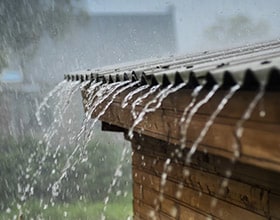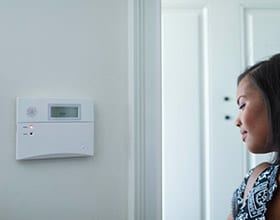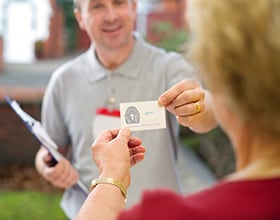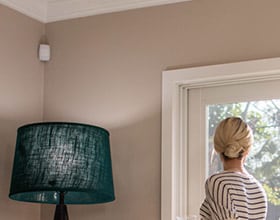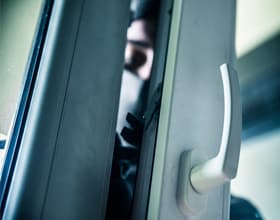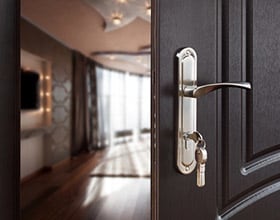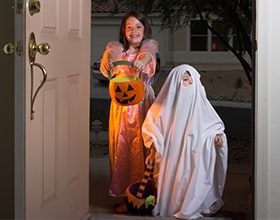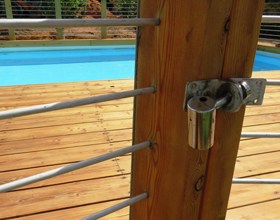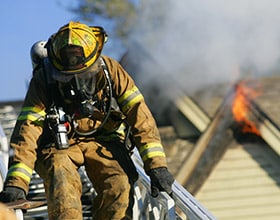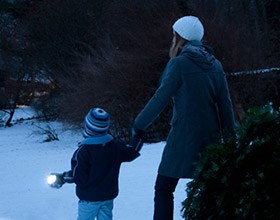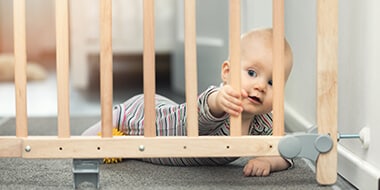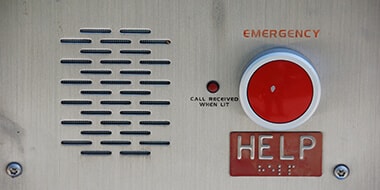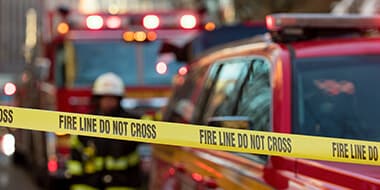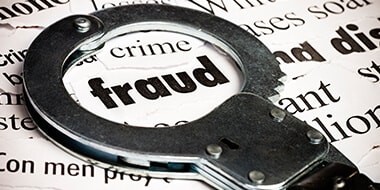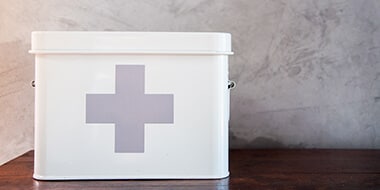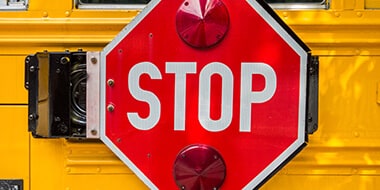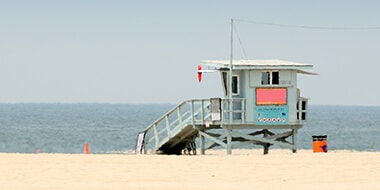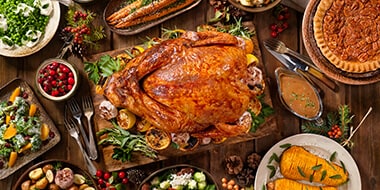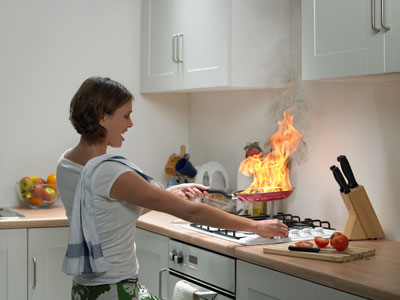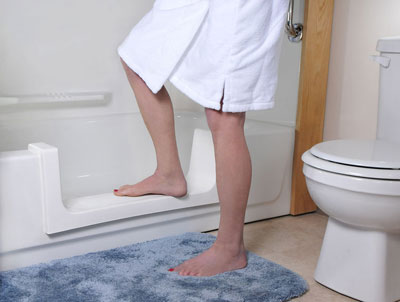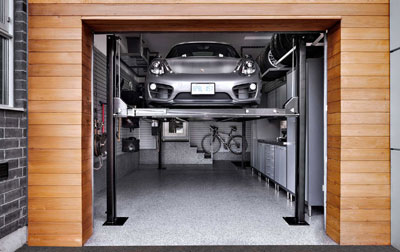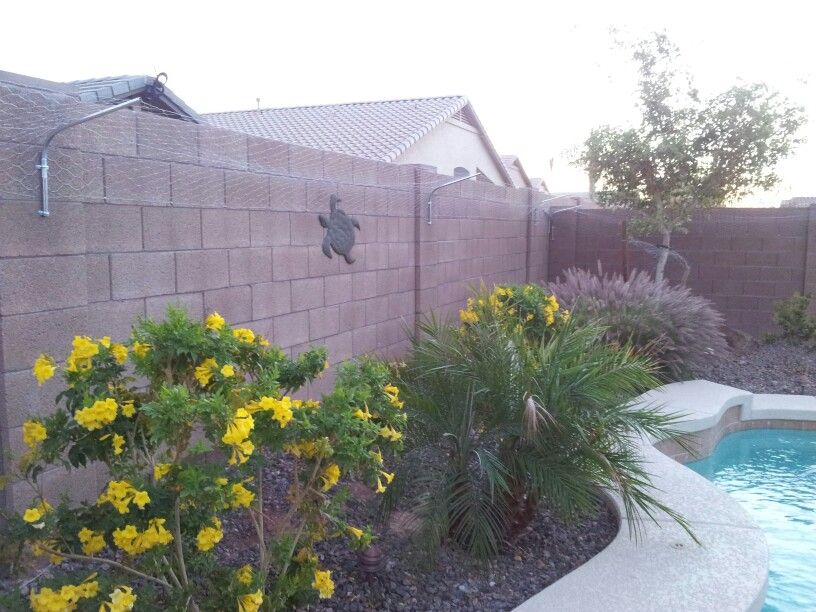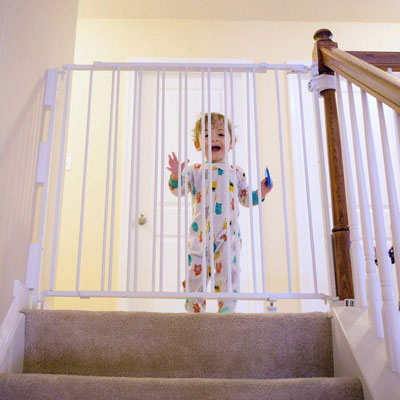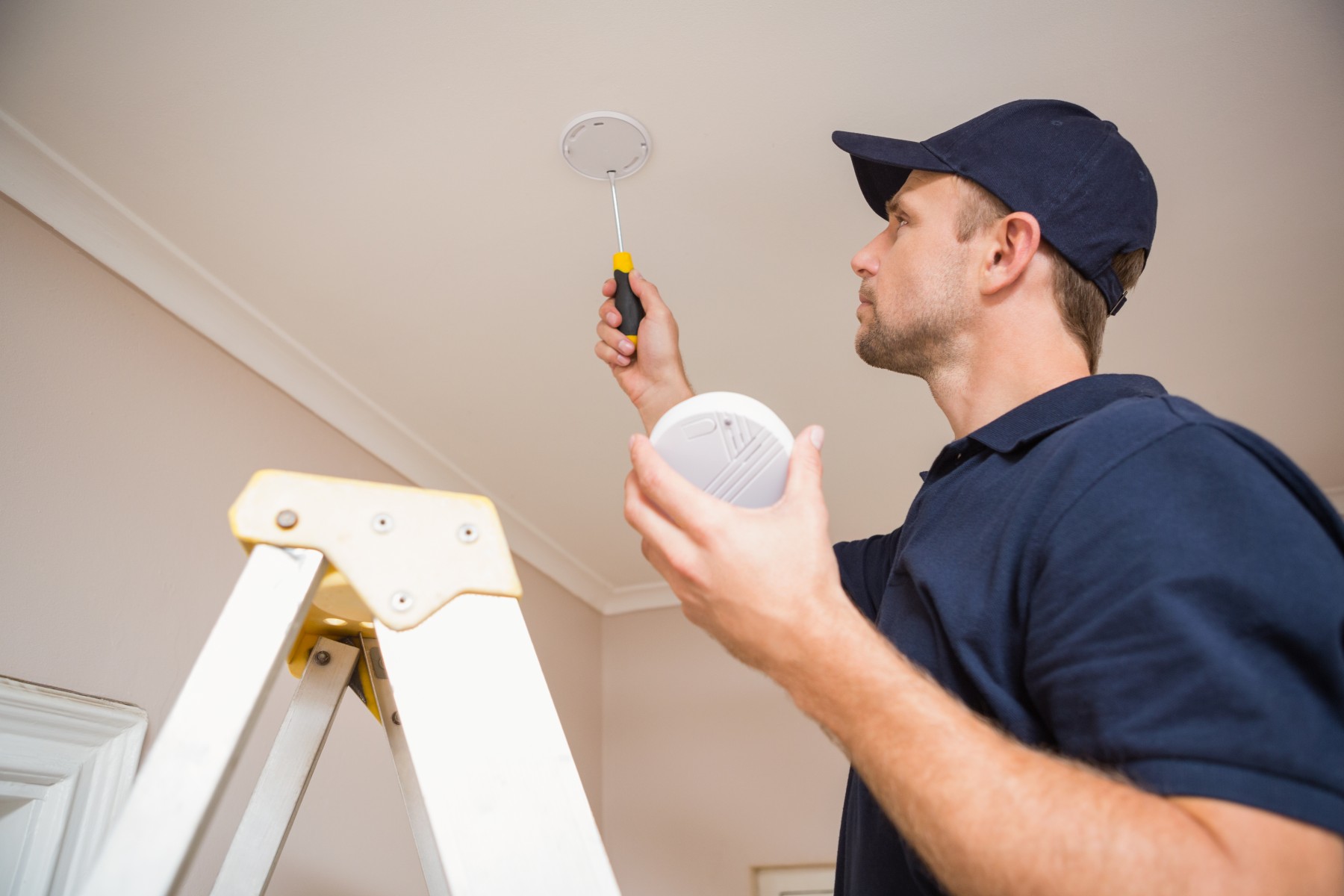The issue of a hot outlet is
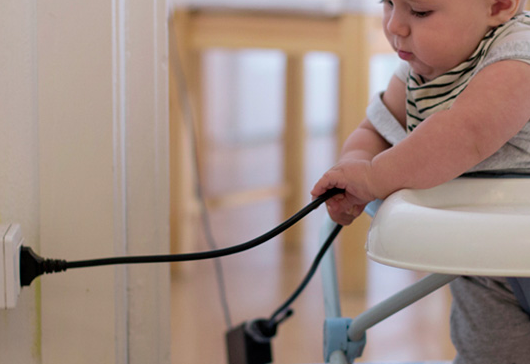 Have you ever put your hand in front of your power outlet just to feel the gentle heat waves radiating from it? Before you add any more connectors to this socket, you may want to think twice. The heat may be an indication that you have overloaded the circuit or that behind the faceplate the wires are melting. Both of these can spell serious problems for your house.
Have you ever put your hand in front of your power outlet just to feel the gentle heat waves radiating from it? Before you add any more connectors to this socket, you may want to think twice. The heat may be an indication that you have overloaded the circuit or that behind the faceplate the wires are melting. Both of these can spell serious problems for your house.Keep away from your outlets water
Water and energy don't make a winning mix. You should ensure the water stays as far as possible from all of your outlets. For outlets not considered to be GFCI, this is particularly true. Bear in mind that existing codes specify that every outlet near the water should be GFCI (including those in the kitchen and bathroom). If not, contact the nearest electrician to get your outlets checked right away.
Replace damaged cords for control
Until they no longer work, some people believe in using their power cords. Given the fact that wires hanging from the sides have been uncovered, many individuals will try to keep these cords plugged in. You need to cover up these exposed wires with electrical tape immediately or unplug them whenever possible. Exposed wiring can lead to shocks or electrical fires. As soon as possible, damaged power cords need to be replaced.
Ensure the grounding of appliances
Older homes may not be grounded by all of their outlets. At the bottom of each plug-in zone, you can classify a grounded outlet as one with a small third hole. This is important to help stop appliance shocks, but for large appliances such as the stove or the dryer, it is even more important. If you notice that your appliances may be in risk, contact an electrician to help you build more grounded outlets.
Familiarize with the framework
To keep your family safe, the best thing you can do is to familiarize yourself with the electrical system. You should know your panel's manufacturer, how your breakers run, and how old your wiring is. Both of these things will help you make better and smarter choices for going forward with your home.

